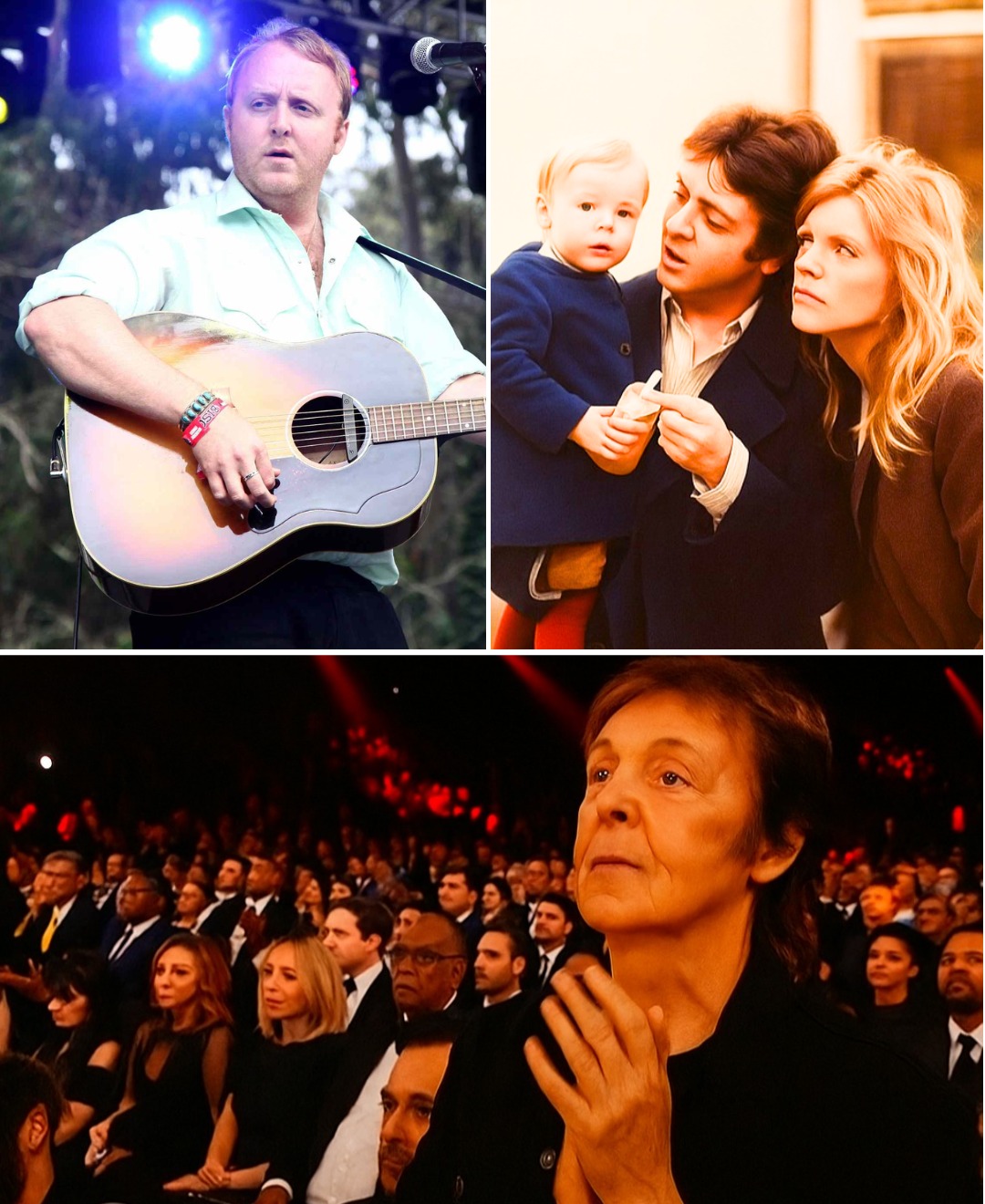In 1965, Mick Jagger first saw zydeco legend Clifton Chenier perform, which left a lasting impression on the then 22-year-old singer. Zydeco was different from the Chicago and Delta Blues that the Stones had already been drawn to from America. “I’d never heard the accordion in the blues before,” Jagger said upon hearing zydeco for the first time, and its patchwork of Cajun and Creole music and blues, often mixing French Creole and English.
“Clifton was a great influence on me,” Jagger said in 2020, citing one of his other Chenier favorites, “I’m a Hog for You.” He added, “We first listened to him around 1965 when we went to the States. I love the way he just grabs a blues number and adapts it to his style.”
Jagger remained a lifelong fan of Chenier, dubbed the “King of Zydeco,” and even met him for the first time in 1978. To mark the 100th birthday of Chenier, who died in 1987 at 62, Jagger and the Rolling Stones‘ Keith Richards and Ron Wood recorded one of the zydeco master’s signature songs, “Zydeco Sont Pas Salés.”
The Stones cover is part of the compilation A Tribute to the King of Zydeco, also featuring renditions of Chenier classics including Charley Crockett and Zydeco Cha Chas leader Nathan Williams Sr. on “Easy Easy Baby”; Taj Mahal and Keith Frank performing on Chenier’s 1955 hit “Hey, ’tite Fille”; and “Lucinda Williams on ‘Release Me,” among other covers by Steve Earle, Jon Hiatt, Molly Tuttle, and more.

Produced by musician and songwriter C.C. Adcock (Robert Plant, Nick Cave), the Stones capture the rhythms and grit, the shuffle and Creole essence of Chenier’s classic, backed by Cajun accordionist Steve Riley and Chenier’s longtime drummer, Robert St. Julien. On the track, Jagger sings entirely in French Creole, a first.
“We all got into a lot of cool music through the back door of The Rolling Stones and rock and roll,” said Adcock. “And there’s another moment to do that here. The Stones being involved and them crowing about it is a way for some kid in Brazil to learn about zydeco and learn about Clifton.”
Translated into “The Snap Beans Aren’t Salty,” in French Creole, the meaning of “Zydeco Sont Pas Salés” is still unclear 60 years later. “No one really knows what the words are,” said Jagger. “It’s lost in the midst of time. I did a bit of a deeper dive, and maybe it’s about hunting dogs too.”

On June 27, a limited edition 7-inch single of the Stones’ “Zydeco Sont Pas Salés” will also be available, featuring Chenier’s original version from his 1965 sessions with Arhoolie founder Chris Strachwitz on the flip side. Proceeds from the sale of the single will support the Clifton Chenier Memorial Scholarship Fund at the University of Louisiana at Lafayette.
Born June 25, 1925, in Opelousas, Louisiana, Chenier was taught the accordion at a young age by his father, a musician, and later started performing with his brother Cleveland at house and dance parties in Southern Louisiana. Eventually, Chenier developed a sound blending French Creole, R&B, Cajun, Afro-Caribbean rhythms, blues, and other influences, as a pioneer of zydeco music.
In 1983, Chenier won a Grammy Award for Best Ethnic or Traditional Folk Recording for his album I’m Here! A year later, Chenier was also named a National Heritage Fellow for the National Endowment for the Arts.
Commemorating Chenier’s centennial later in the year, in November, Smithsonian Folkways will also release King of Louisiana Blues and Zydeco. The expansive box set in November, featuring recordings from 1954 through 1983, including his classic “Bon Ton Roulet,” “Jole Blonde,” “Zydeco et Pas Sale,” and “Black Gal,” along with previously unreleased songs “Calinda,” Wilson Pickett’s “That’s My Number / 634-5789,” “Shake Rattle & Roll,” “Mr. Charlie,” and more.





